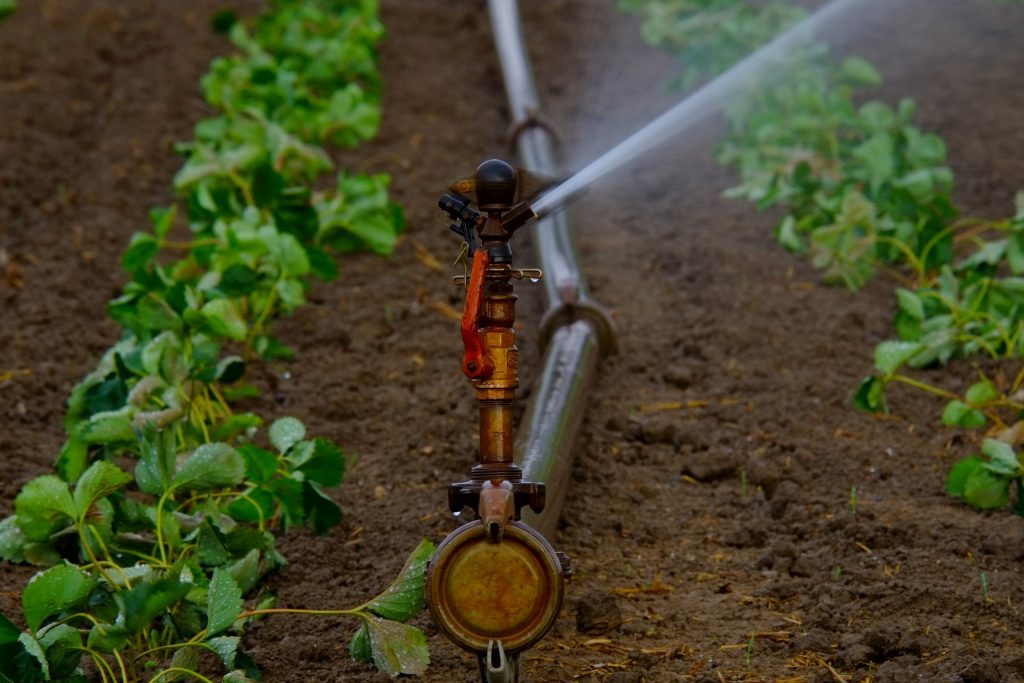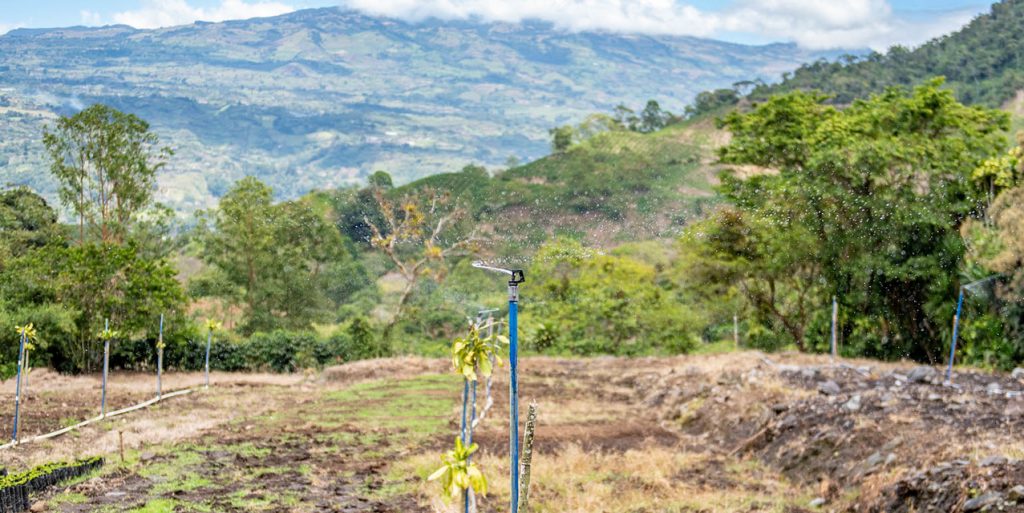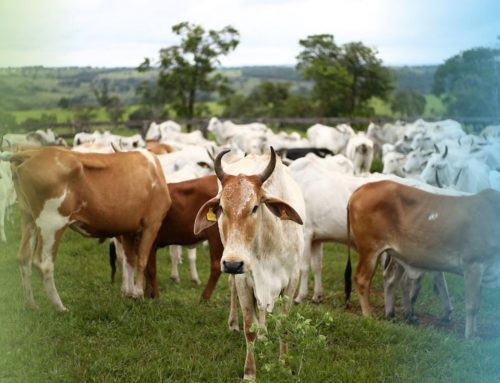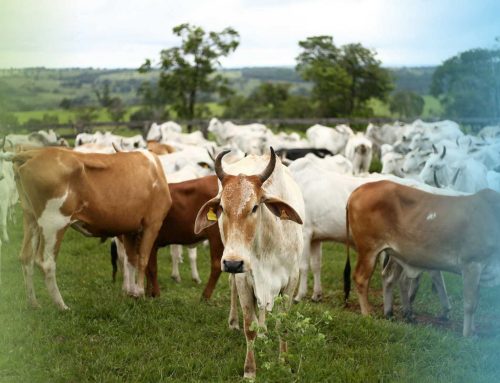Taking care of the optimal growth of crops on your farm is vital so that the operations that take place on it flow in the best possible way. Ecological efforts today are not only a trend, they are also techniques that provide benefits in the use of resources and your money, that is why we present fertigation as an option to nourish and irrigate your crops.
What is fertigation?
This technique is a simple method to irrigate and at the same time nourish the crops on your land, it incorporates fertilizers to be distributed through a low-pressure, high-frequency irrigation system. As it is done in a localized way in the most active part of the plant – the root – favor the absorption of nutrients and the growth of the seed
It can be used with different localized irrigation systems, among the most common for the technique are perforated tapes and dripping. These techniques make the most of water and nutrients, since they are placed close to the root system of the plant, reduces the doses of both resources and prevents them from being lost through evapotranspiration. Resulting in a greater use of both fertilizers and water.
Now, to apply fertigation, several factors must be considered, including choosing whether the fertilizer will be solid or liquid. This influences issues of project costs, the calculation and preparation of the solution, the volumes and frequency of irrigation, among others. So it is important to inform yourself appropriately with a professional in the area.
In addition, prior to applying this technique, the type of soil must be known, whether it is in the open field, a protected environment or substrate, also studying the growth curve of the crop, the injection system to be used, among other elements.
Monitoring of filters, pumps, hoses, in general of the entire irrigation system, must be maintained to ensure the effectiveness of the applications and the development of the crop.
Engineers José Martí Jiménez and Juan Carlos Rodríguez – Agricultural Services Agency of Santa Ana
Advantages of fertigation
Fertirrigation has an important list of advantages if it is applied responsibly within a farm land. The most prominent are:
- Nutrient dose control
This decreases the potential for toxicity in crops, which kill plants
- It is adaptable to plant type
Depending on the growth stage of the plant, the concentration and frequency can be modified
- Reduces groundwater contamination
- Its application is more direct
Being close to the roots, it waters in a more direct area, stimulating growth and avoiding a waste of water
- High performance
in the long term reduces the cost of labor and is very efficient in terms of the use of water and fertilizers
Remember that if you plan to use this technique on your crops, it is vital that you have specialized or trained personnel with technical knowledge on the subject, to guide you properly in the implementation of the project. And be sure to maintain ongoing maintenance and conscious monitoring of crops.










